Best Test Automation Frameworks List
This article will provide a comprehensive introduction to automation testing frameworks, including basic concepts and benefits so that you can quickly master the automation testing framework knowledge.
What Is Automated Testing
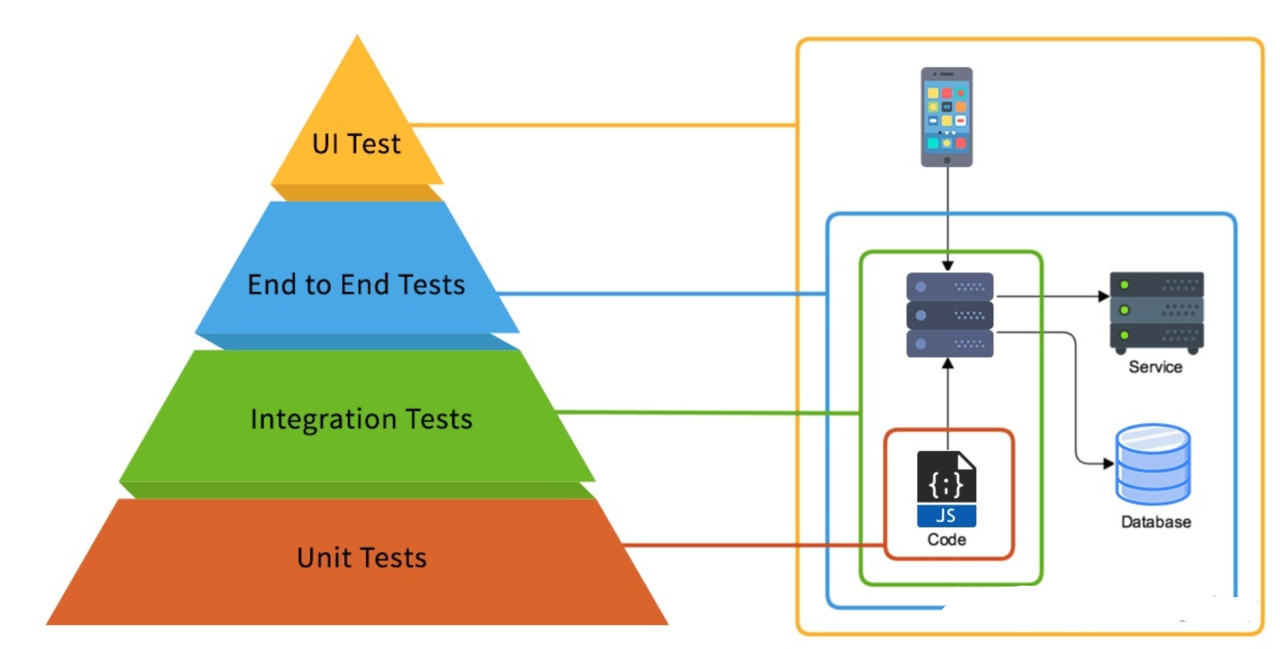
Instead of testing manually as before, automated testing can help you do a lot of testing efficiently, with the following benefits:
- Cost-effective
- Improve efficiency
- Reduce manual work
- Improve reusabilityWith the rapid rise of automated testing, many automated testing frameworks have emerged on the market. In this article, we'll give you an overview of what an automation testing framework is.
Test Automation Frameworks and Types
In other industries, automation is more focused on algorithms. Through algorithm learning and processing, many things do not need human control, the machine will be done autonomously. But in the software industry, automation testing means that developers use some automation testing tools to execute a set of script code with rules, expectations, and customization, so as to complete the work of automation testing. These rules, expectations, customizations, and script code can be integrated into an automation testing framework.
The Benefits of Test Automation Framework
- Speed up Product Time-to-Market
- Find bugs earlier
- Improve test efficiency
- Boost your ROI
- Maximum test coverage
- Reusability of code
Popular Test Automation Frameworks Types
API Type
- Apidog
- Postman
- JMeter
UI Type
- Selenium
- Worksoft
Tool
- Jenkins
DevOps
Now many development teams prefer DevOps. The core is Continuous Integration/Continuous Deployment (CI/CD), that is, once you submit the code, there will be an automated testing framework to help you run code tests, component tests, function tests, and other operations. Only after the test passes can you proceed to the subsequent deployment work.
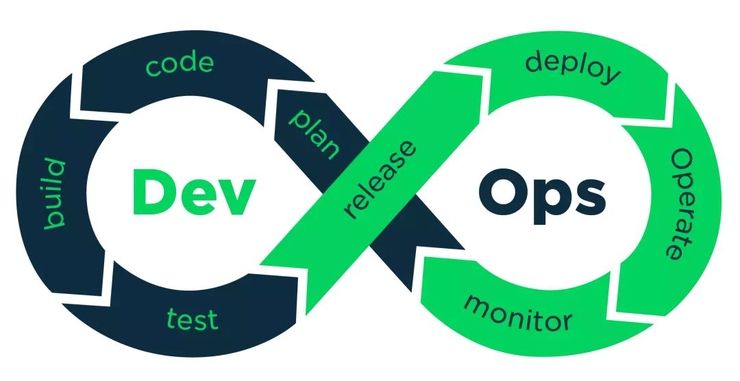
6 Best Test Automation Frameworks
Apidog
Apidog is an all-in-one API collaboration platform that enables API documentation, API debugging, API Mock, and API automation testing and is a more advanced API design/development/testing tool. Apidog provides a comprehensive API management solution.
With Apidog, you can design, debug, test, and collaborate on your APIs from a unified platform, eliminating the problems of switching between tools and inconsistent data. Simplify your API workflow and ensure efficient collaboration between front-end, back-end, and testers.

The highlighted features of Apidog:
- Support for online documentation
- Support interface batch testing, automation testing
- Support export and import can import up to more than 20 formats of API files
- Support for local Mock, cloud Mock, and Advanced Mock support
- Support request code generation for easy development
- With IDEA plug-in Apidog Helper, you can convert interface code into interface documentation with one click, very convenient and fast!
- Command line tool Apidog-Cli, you can use the command line way to run automated tests
- Support recycling bins, history, and other functions, easy to go back and locate the problem
Postman

Postman is a powerful and user-friendly API testing tool that enables developers and testers to easily create, test, debug, and share HTTP requests. It is highly praised for its ease of use and quick learning curve, earning the nickname "Swiss Army Knife" for development and testing teams.
The key feature of Postman:
- Supports sending various HTTP requests, including GET, POST, PUT, PATCH, and DELETE, as well as WebSocket and GraphQL requests.
- Provides an intuitive user interface for building and editing request parameters, headers, bodies, and assertions, and generates code automatically.
- Offers multiple testing functions, including assertions, test steps, and test suites, and can be used to verify the success of APIs and collect relevant data.
- Provides rich history records, allowing for easy review and execution of previously sent requests.
- Has comprehensive collaboration functions, allowing users to share API requests and test results with their team, and supports multi-user collaboration testing.
- Provides integration tools such as Jenkins, Newman, and other CI/CD tools to achieve automated testing and building.Postman is a powerful API testing tool that is user-friendly, fast, and reliable, making it easier for developers and testers to create, test, debug, and share their APIs.
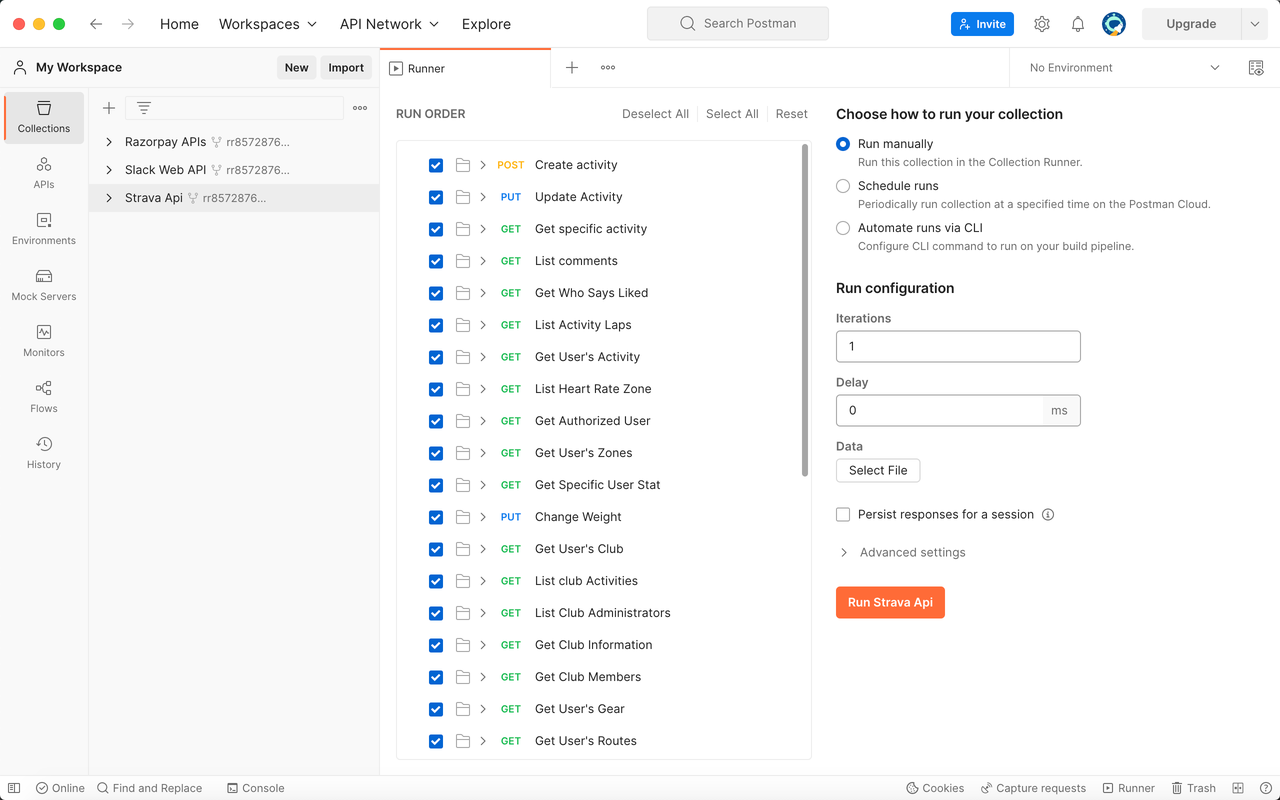
JMeter
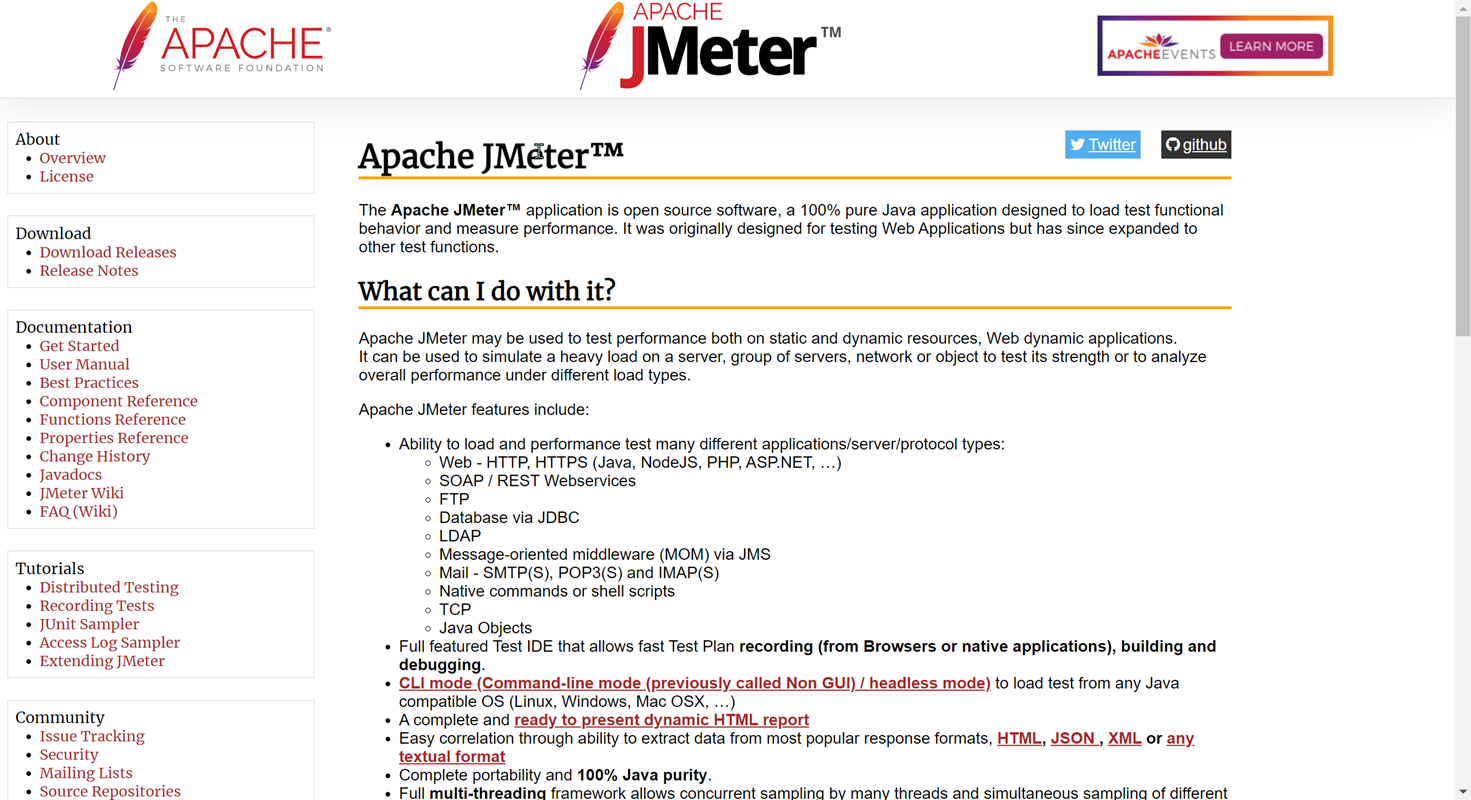
JMeter is a powerful Apache open-source performance testing tool used to test static and dynamic resources such as static files, Java programs, scripts, and more. It can simulate a large number of concurrent users accessing a web application, FTP, database, and web service, among other services, to evaluate and test their performance and stability.Some of the main features of JMeter include:
- Support for multiple protocols: HTTP, HTTPS, JDBC, FTP, LDAP, SOAP, TCP, and JMS, among others.
- Ability to control load in multiple ways: use thread groups to simulate multiple concurrent users, use timers for load testing, and use distributed load to achieve high concurrency performance testing.
- Ability to record user sessions for playback, and provide extensive stress testing and load balancing.
- Provides rich reporting and analysis features to help users analyze test results, understand the performance and reliability of web applications, and find and resolve issues.
- Easy integration with other tools such as Grafana, InfluxDB, and more.JMeter is written in Java and uses the Java programming language. It is cross-platform and easy to use. It can be used for web application performance testing and load testing, with a focus on simulating high-concurrency access to measure the performance of web applications and provide result analysis and optimization recommendations.
Selenium
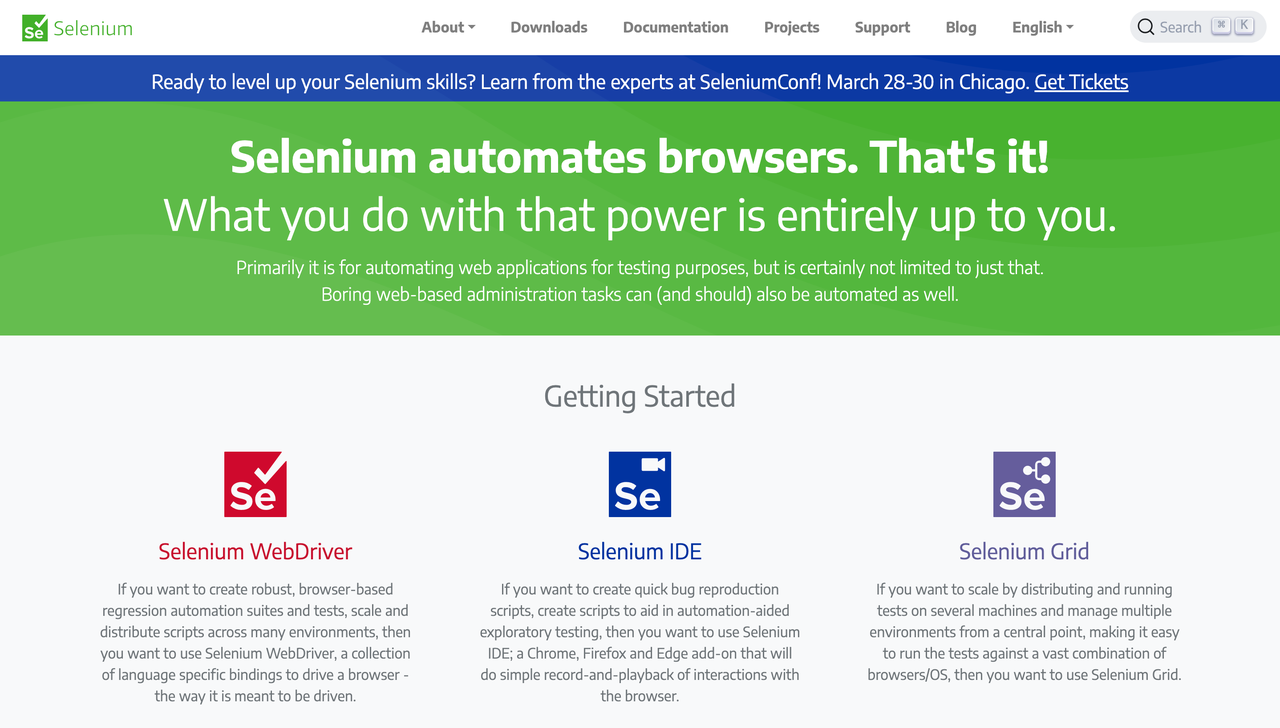
Selenium is a free (open-source) automation testing framework used to validate web applications on different browsers and platforms. You can use various programming languages such as Java, C#, Python, etc. to create Selenium test scripts. The testing done with the Selenium testing tool is commonly referred to as Selenium Testing.
Jenkins

Jenkins is an open-source automation build and integration tool. It is a Java-based continuous integration tool that has scalability and flexibility to help developers automate building, testing, and deploying applications.Jenkins was originally a fork of Hudson, an open-source tool created by Kohsuke Kawaguchi. Its main advantages are ease of use and customization, making it the preferred CI/CD tool in many software projects.Jenkins can integrate with various tools and technologies such as Git, Subversion, Maven, Gradle, etc. With Jenkins, it is easy to create automation, build scripts, test scripts, deploy scripts and integrate with other tools and technologies. Additionally, Jenkins supports distributed building and testing, providing fast and reliable building and testing solutions for large projects.
Worksoft
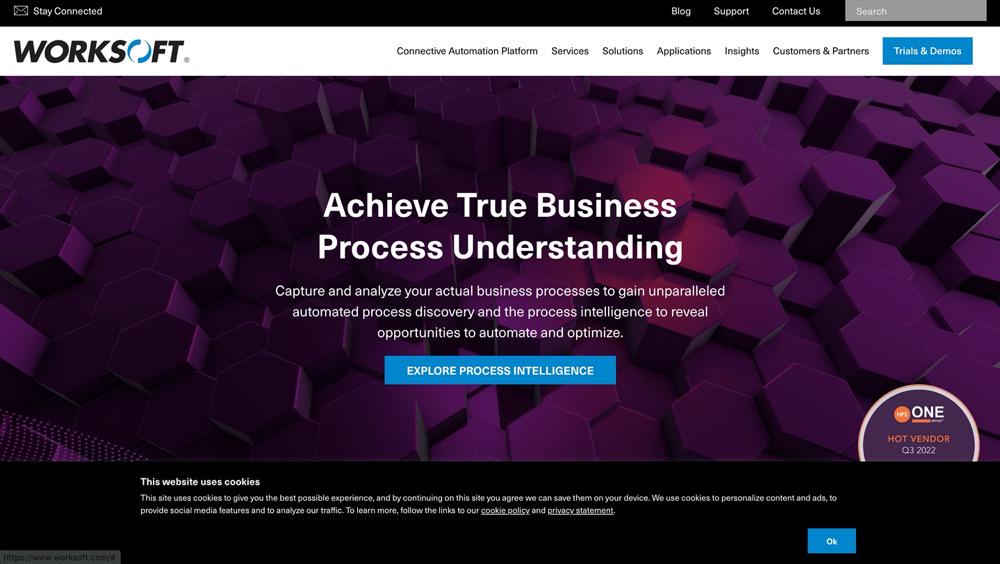
Worksoft is a well-known industry leader in the field of RPA software testing tools, consulting services, software test automation services, and automated website testing. It has been recognized by leading global enterprises as the "gold standard" of automation testing. Over the years, Worksoft has been driving innovation in the automation field and working closely with clients to keep up with the development of automation.This evolution has led to a natural fusion of testing automation, process discovery and intelligence, and RPA.



